Investor Day 2021
Missed out?
In December, Katapult hosted its largest investor day to date. The event was attended by over 470 investors from 42 countries, brought together in the interest of making impact investments on behalf of a more sustainable future for our oceans and climate.
If you missed Investor Day 2021, you can watch the whole event here. Alternatively, scroll down to read more about our 18 ocean and climate portfolio companies, request pitchdecks and watch their individual pitches.
See the 18 ocean and climate tech startups below
Katapult Ocean:
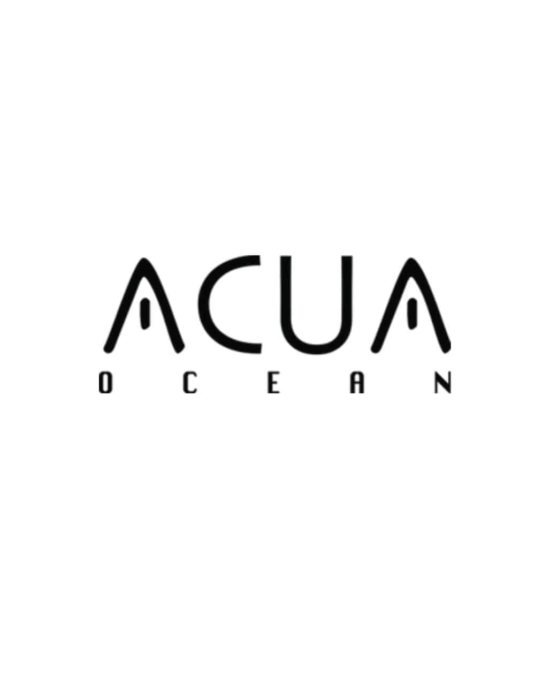
ACUA Ocean (UK)
Long endurance, hydrogen-powered uncrewed surface vessels for monitoring and sustainable management of oceans and waterways.
Impact
ACUA Ocean’s H-USVs provide a sustainable and cost-effective way to monitor and manage large areas of ocean such as Marine Protected Areas to prevent illegal fishing. Onboard commercial and environmental sensors can be deployed from the vessel to monitor our oceans’ health.
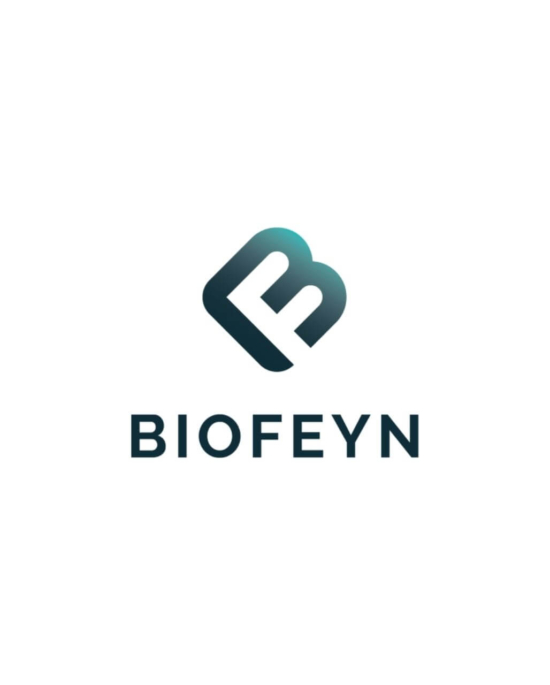
BioFeyn (France)
Optimizing existing ingredients in fish feed, producing the most sustainable and nutrient-packed farmed fish on the market.
Impact
Improving the efficiency of marine nutrients and reducing the quantity needed not only improves fish health, it also reduces environmental pressures. Aquaculture pollution and overfishing is reduced, while new and more sustainable sources of algae-based ingredients can be used, delivering better overall nutrition to animals and humans.

Freepower (Norway)
Self sufficient and 100% solar energy-driven electric boats, which are easy to use, silent, emission free, and have a low carbon footprint.
Impact
The introduction of electric boats is set to revolutionize our relationship with the ocean, reducing both carbon and noise pollution. Through sustainable, low carbon design and zero-emission operation, Freepower is setting a new environmental standard within the maritime sector.
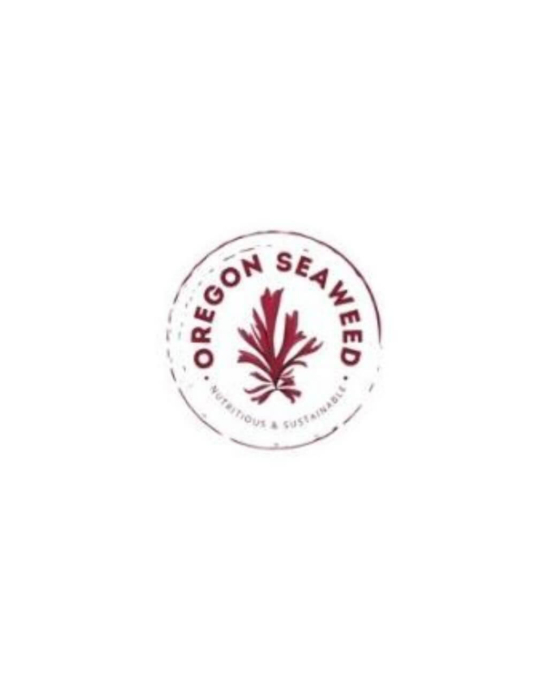
Oregon Seaweed (USA)
A pure vegan complete-protein powder extracted from seaweed and used as a 100% vegan friendly protein supplement.
Impact
Alongside minimizing crop wastage, Oregon Seaweed’s careful on-land cultivation of Pacific dulse returns water to the ocean with a lower-level of acidification. The ocean ecosystem next to Oregon Seaweed’s farm is thus more capable of tackling the impact of climate change. In addition, Pacific dulse’s fast growth rate and favorable taste have the capability to sustainably satisfy both global food demands and consumer palettes.
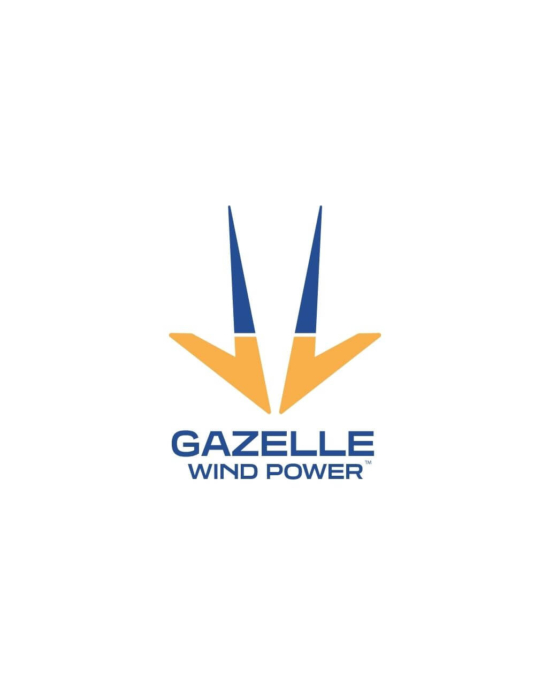
Gazelle Wind Power (Ireland)
Floating offshore wind power generation plants.
Impact
Enabling a lower cost production of emission free electricity in deepwater sites while using a fraction of the materials used in current designs. Additionally, all major parts are designed to be recycled and the concrete components are finished with ECOncrete, which allows the creation of marine life on its surface.
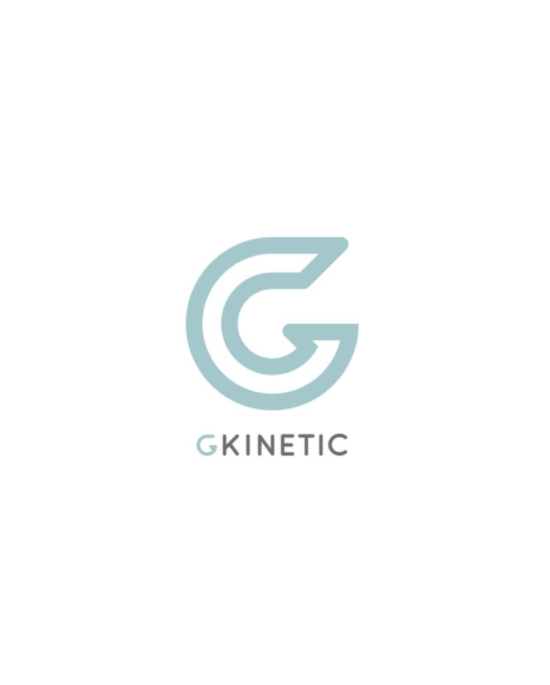
GKinetic (Ireland)
Produces tidal energy generation to offer clean, predictable energy from free flowing water, with minimal impact on the natural environment.
Impact
GKinetic’s hydrokinetic technology has the ability to provide an additional 200GW of zero carbon, clean and affordable energy globally. GKinetic’s installations also mitigate the associated damages of hydrokinetic power on the environment. It’s simple floating design avoids the need to disrupt channels and marine ecosystems.
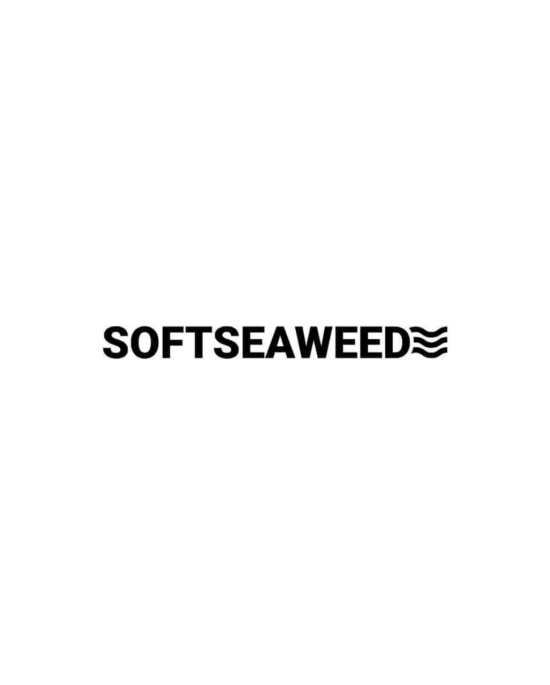
SoftSeaweed (Norway)
A software solution developed and designed to make seaweed farming businesses more sustainable and profitable.
Impact
SoftSeaweed’s software solutions have the capability to bring large-scale seaweed cultivation into the mainstream. The platform catalyses the associated benefits of seaweed farming, like ocean de-acidification and low-emission cultivation, clearing the path for healthier oceans.

Brayfoil (South Africa)
The next generation of wind turbine blades – that change shape to tailor loadings and respond better to incoming winds, enabling lighter blades, longer bladespans, and reducing the overall cost.
Impact
Brayfoil turbine blades significantly reduce the impact of the wind power industry on our oceans. As their technology increases outputs, more power can be produced from planned wind farm deployments, replacing fossil-fuel power sources more rapidly. Furthermore, fewer component failures reduce the reliance on maintenance ships and their associated pollution.
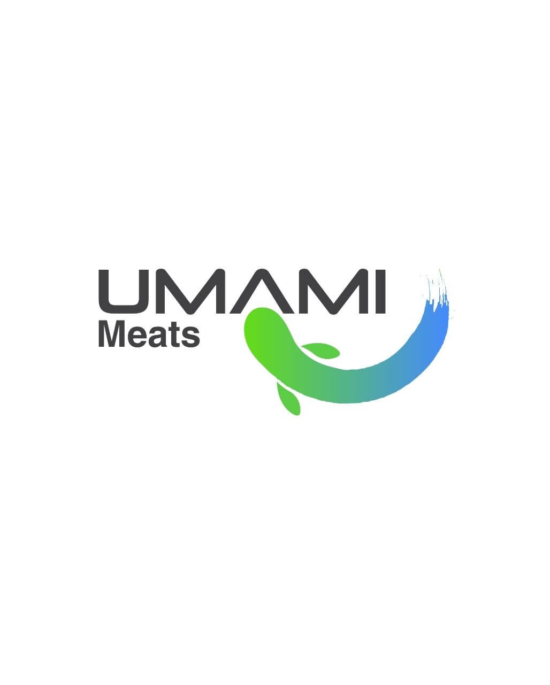
UmamiMeats (Singapore)
Developing cultured seafood based on a proprietary, low-cost, and sustainable formulation of growth factors.
Impact
Umami Meats will help prevent marine species from being fished to extinction by replacing non-sustainably caught fish with a delicious, healthy, cultivated alternative. Their cultivated seafood can satisfy growing consumer demand while enabling ocean ecosystems to thrive and reducing greenhouse gas emissions from seafood farming, harvest, and transport by 100kT CO2e per year.
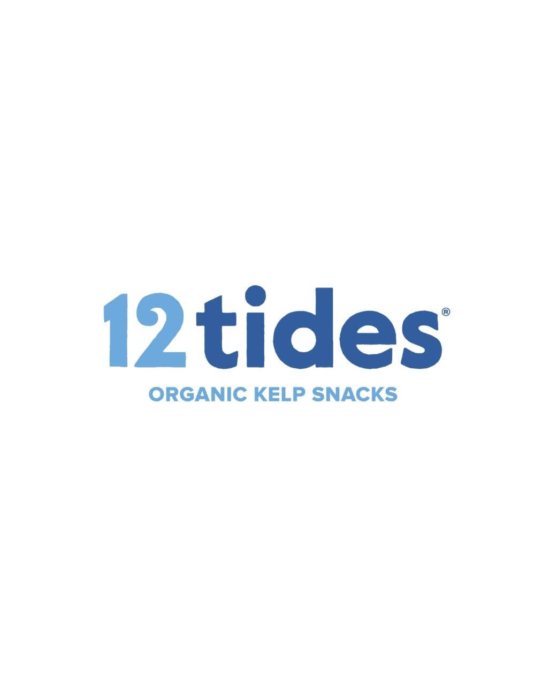
12 Tides (USA)
Ocean-friendly foods with kelp from regenerative ocean farms.
Imapct
By cultivating kelp and its introduction to the consumer market, the damage inflicted upon the ocean can be reversed. Kelp farming reduces ocean acidification so that marine life can thrive and serves as an alternative income source for coastal communities.
Katapult Climate:
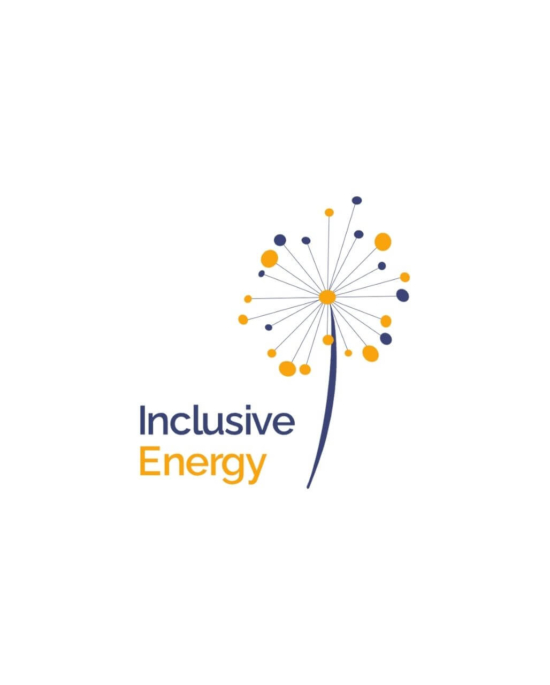
Inclusive Energy (UK)
Remote monitoring and control meters collect real-time data from biogas digesters and solar PV assets.
Impact
Smart metering is crucial to running efficient off-grid energy businesses, leading to lower operating costs, more choice for end-users, and more carbon finance flowing into the off-grid energy sector.

Frame (Denmark)
A digital platform which integrates project management and building design with certification systems widely used to certify sustainable buildings.
Impact
Frame wants to create an open standard of sustainability that allows companies to integrate with other construction standards and systems. The platform seeks to create a world where there is no excuse for not building sustainably.
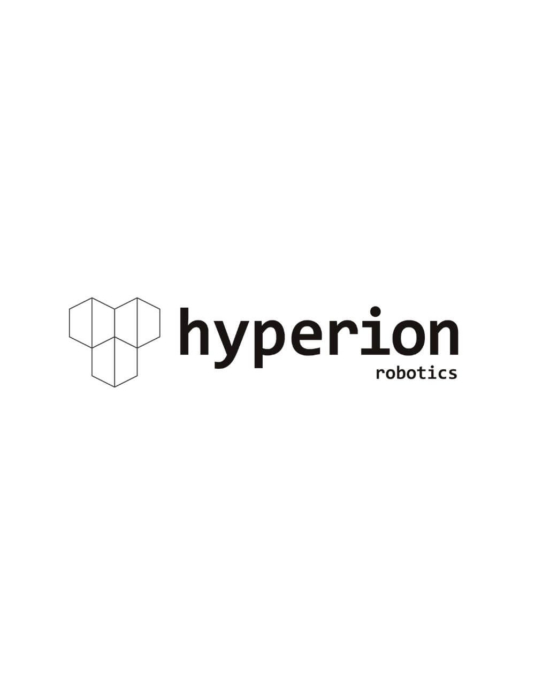
Hyperion Robotics (Finland)
A 3D printing technology that produces large-scale reinforced concrete elements with recycled materials.
Impact
The adoption of Hyperion Robotics by the construction industry, would mark a seismic shift within the sector. Both the high precision of their robotics systems and usage of circular materials, will move us closer to a low-carbon and zero-waste society.
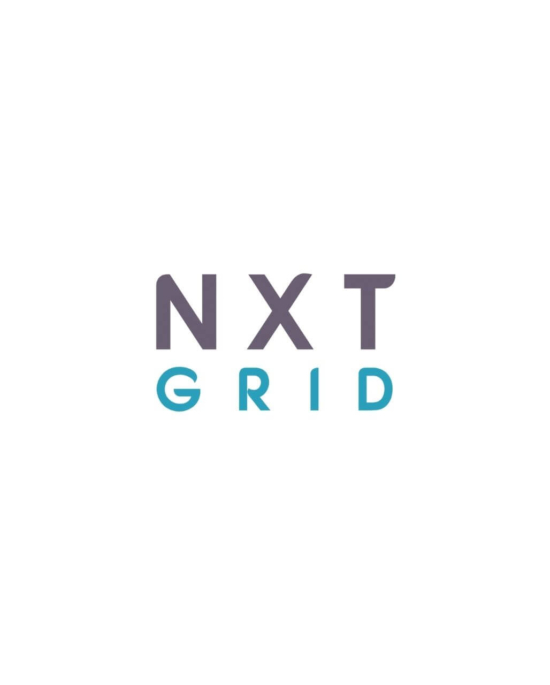
NXT Grid (Netherlands)
Profitable, clean mini-grids, everywhere, by everyone. Onboarding investments, buying solar equipment and renting it to local developers.
Impact
NXT Grid plans to connect over 2,500,000 people and deploy more than 250 MW of solar mini-grids in the next ten years.
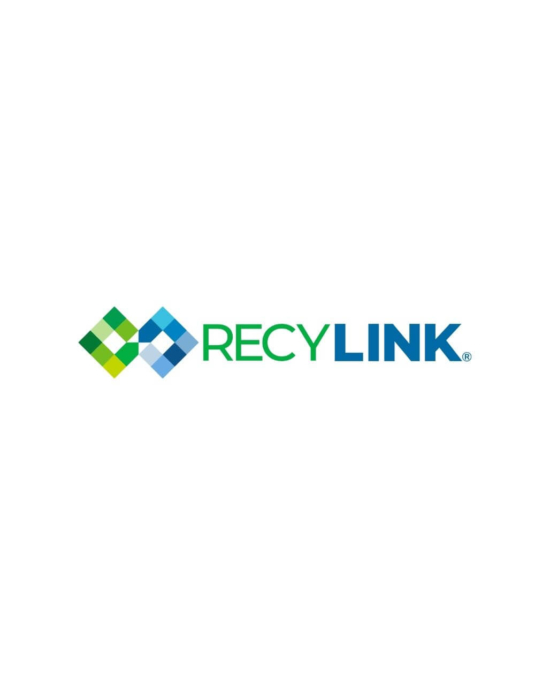
Recylink (Chile)
A software platform for the management of industrial waste; allowing companies and institutions to manage all the associated suppliers/transport operators/recycling plants/landfills.
Impact
Recylink’s platform will help waste generators to reutilize, recycle and recover energy, aiding the overall goal for the world economy to be more circular and waste-conscious. By tracking responsible waste disposal and developing circular ecosystems in different territories, local suppliers are empowered.
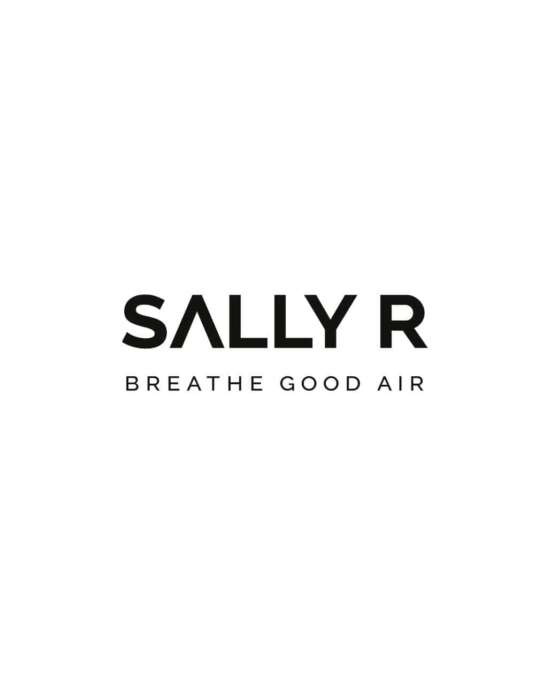
Sally-R (Sweden)
A technology provider for commercial building energy optimisation with 2 products: ‘ADA’ (cloud optimisation service) and ‘EUNICE’ (carbon capture).
Impact
Not only do Sally R’s offerings improve public health but they also hold the ability to limit carbon footprints. Sally-R’s cloud optimization service reduces energy consumption by 40-60%. When adding carbon capture to a building’s HVAC-system, energy consumption can be reduced by as much as 80%. The carbon which is captured can easily be distributed to indoor farming facilities, boosting crop growth and reducing the demand for industrially produced CO2.

Wattnow (Tunisia)
Offers IoT solutions by combining hardware and software for companies to optimize their energy consumption and reduce their costs and carbon footprints.
Impact
The mass adoption of Wattnow’s smart energy management systems would set a new standard for energy monitoring and in turn create a less pollutive and more efficient energy sector.
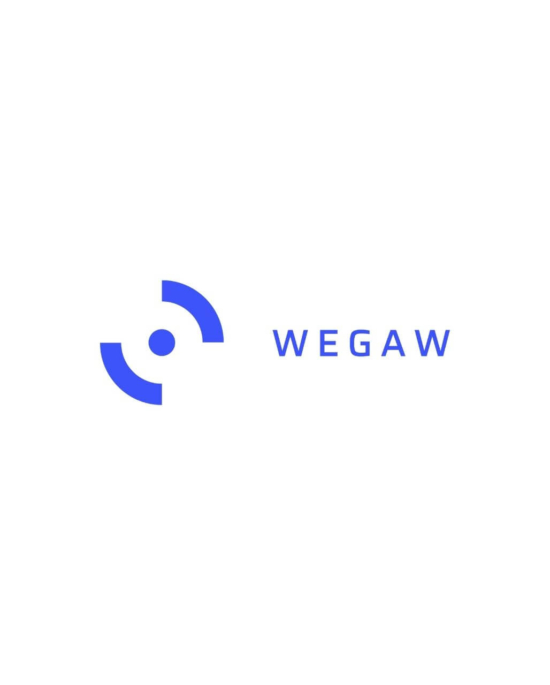
Wegaw (Switzerland)
Clean energy trading optimisation through remote sensing satellite and data analytics.
Impact
If all hydropower plants in Europe adopted Wegaw data analytics, it would help to generate an additional 26.45 TWh of hydropower energy. Estimating that 20% of the additional energy produced would reduce the need of fossil fuel based energy in Europe, this would contribute to a reduction of 1060M-1800M tons of CO2 emissions per year.